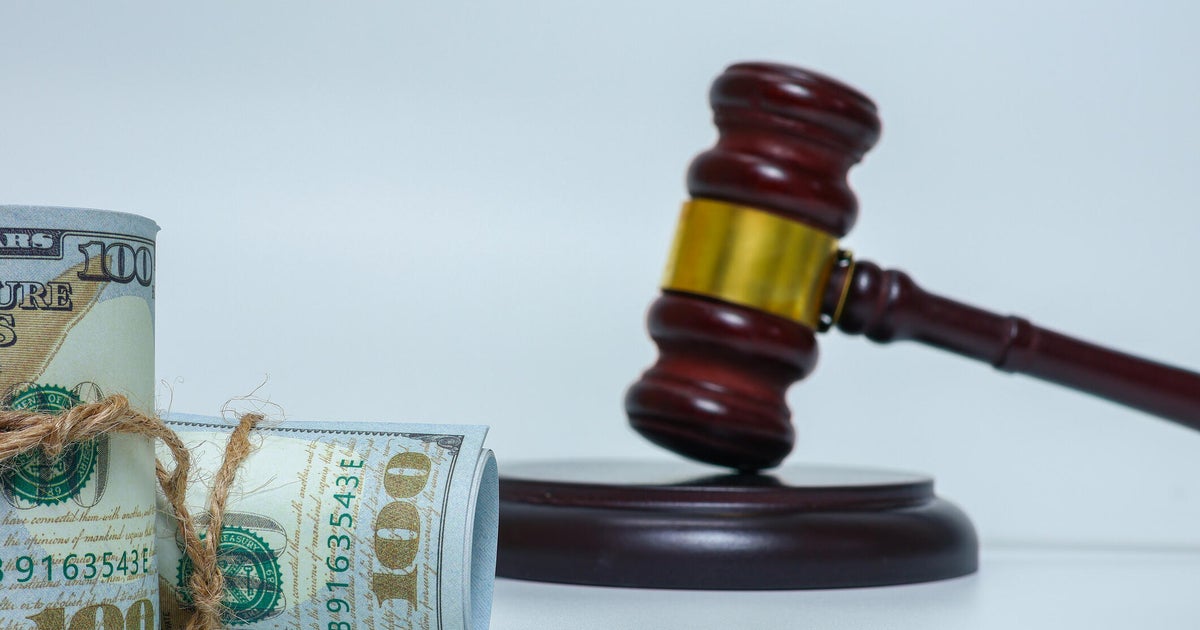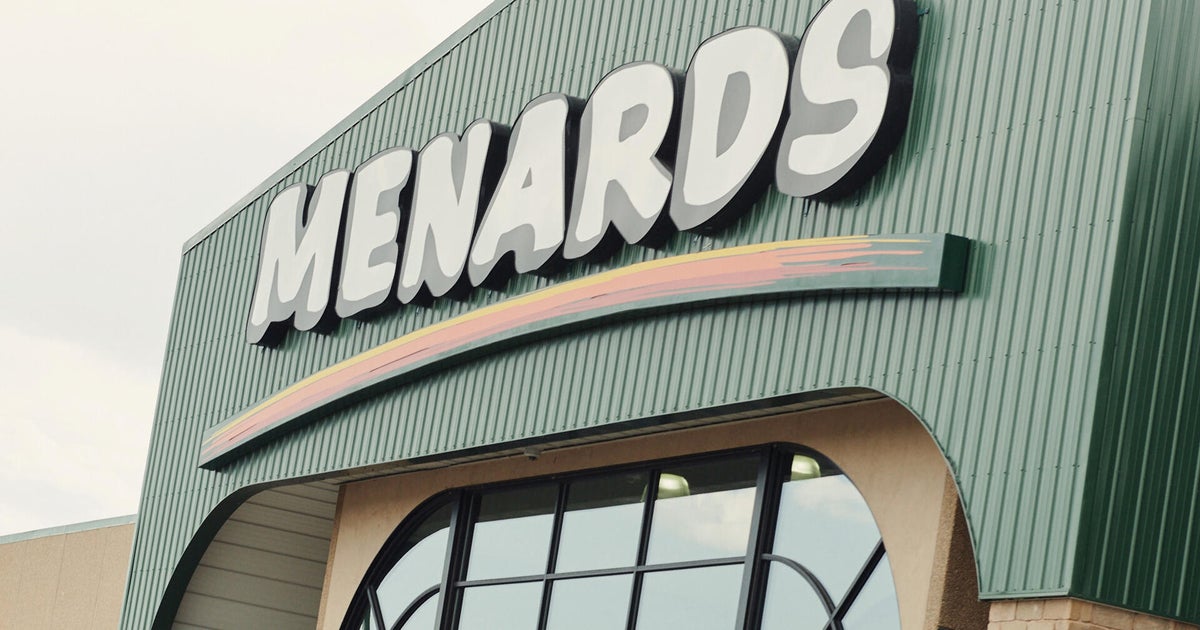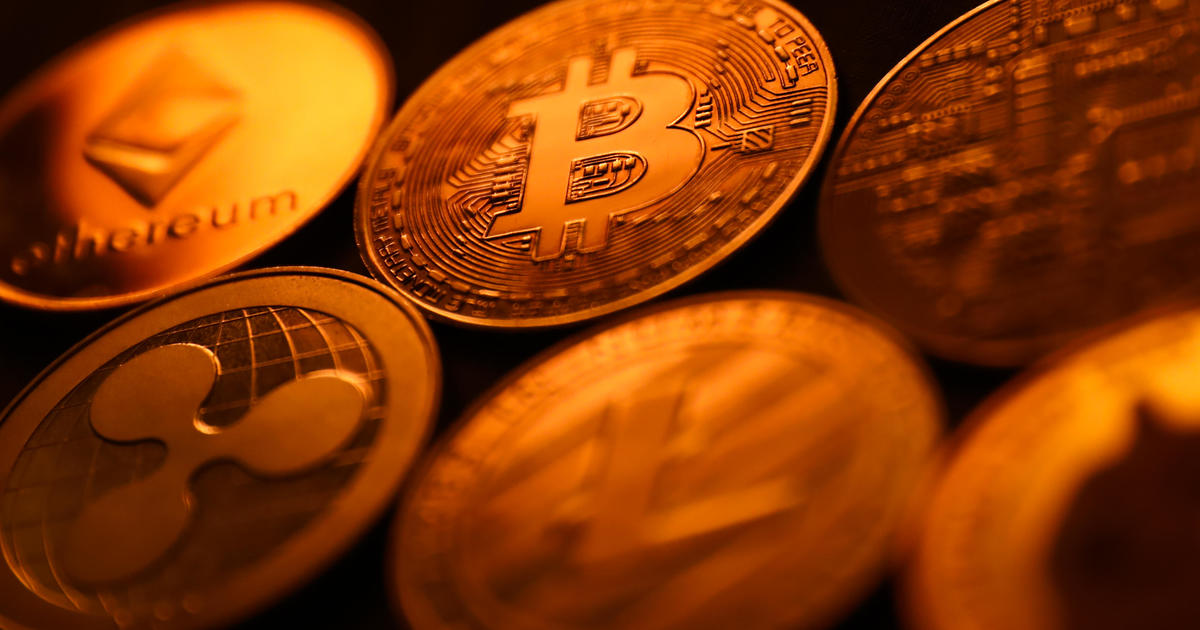How to get a refund when a product's price drops
It's frustrating to buy an item—especially a big-ticket one—only to find it on sale at the same store or another one down the road (or online) a week later. If you're lucky, the retailer may refund you the price difference. If they don't, ask your credit card company.
Many credit cards offer a benefit called price protection. If you find a lower price for something you recently bought, a credit card with this benefit gives you the difference between the two prices—as long as you paid for the item with the card. This can take some stress out of shopping for the best prices because you have a way to recoup some lost money if you don't find the best deal. Here are five ways to get the most out of credit card price protection.
Choose the right card
Not all credit cards come with credit card price protection, so make sure you pull out the right one from your wallet on a purchase you want to protect. As a quick guide, all Citi and Discover credit cards come with this benefit, while American Express largely doesn't have this perk. Some cards from Capital One, Chase, Wells Fargo, Barclays and Bank of America have price protection. The best way to find out is to consult your card's benefits guide.
Know the restrictions
Not all price protection programs are the same. Each benefit has a per-claim dollar limit (usually $250-$500), annual limits (up to $2,500) and a time limit to find a better price elsewhere (typically 30-120 days). Knowing these limits may help you pick which card to charge the purchase on.
Second, not all purchases are eligible for credit card price protection. Most issuers have a long list of exclusions in the fine print of their benefits guides. Some of the most common exclusions include:
- Boats, cars and aircraft
- Food, drinks, gas or medications
- Jewelry
- Tickets for shows, flights, concerts and sporting events
- Collectibles
- Items for resale, rental, professional or commercial use
- Plants or animals
- Professional services
- Refurbished, secondhand, customized or special-order items
- Traveler's checks, precious metals, coins or any currency
The lower-priced item must also meet certain conditions. The lower price can't be a result of a bonus, free offer, special financing or a rebate. The item can't be found on an internet auction site, such as eBay, and can't be a going-out-of-business, discontinued, close-out or limited-quantity item. Taxes, shipping and handling, delivery costs, warranties or other charges also can't be the reason for a lower price.
Track prices
For Citi cardholders, this process is easy because the card's Citi Price Rewind monitors prices for your item at hundreds of online retailers. You just have to register the item online and let the service look for a better deal. If you don't have Citi Price Rewind, there are simpler ways to monitor prices other than visiting multiple retailers every day. Websites such as CamelCamelCamel, SlickDeals, InvisibleHand and CheapShark will track price changes of a specific item at various retailers. Some retailers also may provide price alerts on items you've selected. Otherwise, check back once a week at local and national stores that may carry your item, especially before a long holiday weekend when stores often run sales.
Claim smartly
Instead of monitoring many small purchases for lower prices, save time by tracking larger purchases—such as appliances, furniture and electronics—that will reap the most from the per-claim limit. This is especially true for consumers who must track prices themselves, rather than depend on a service like Citi Price Rewind. Retailers are also likely to drop prices for big-ticket items like electronics and appliances during holiday sales or when newer models are released to get more customers through the door. These are prime candidates for price protection.
Consider other coverage
Before filing a claim, check to see if the retailer provides price matching, such as Best Buy and Walmart. Except for Citi cards, credit card price protection is secondary to this retailer benefit, so try to get the price difference from the retailer first before filing a claim with your credit card issuer. The credit card protection should cover any amount that the retailer doesn't pick up. Check your benefits guide or speak with a customer service representative for more details about your credit card's price protection.





